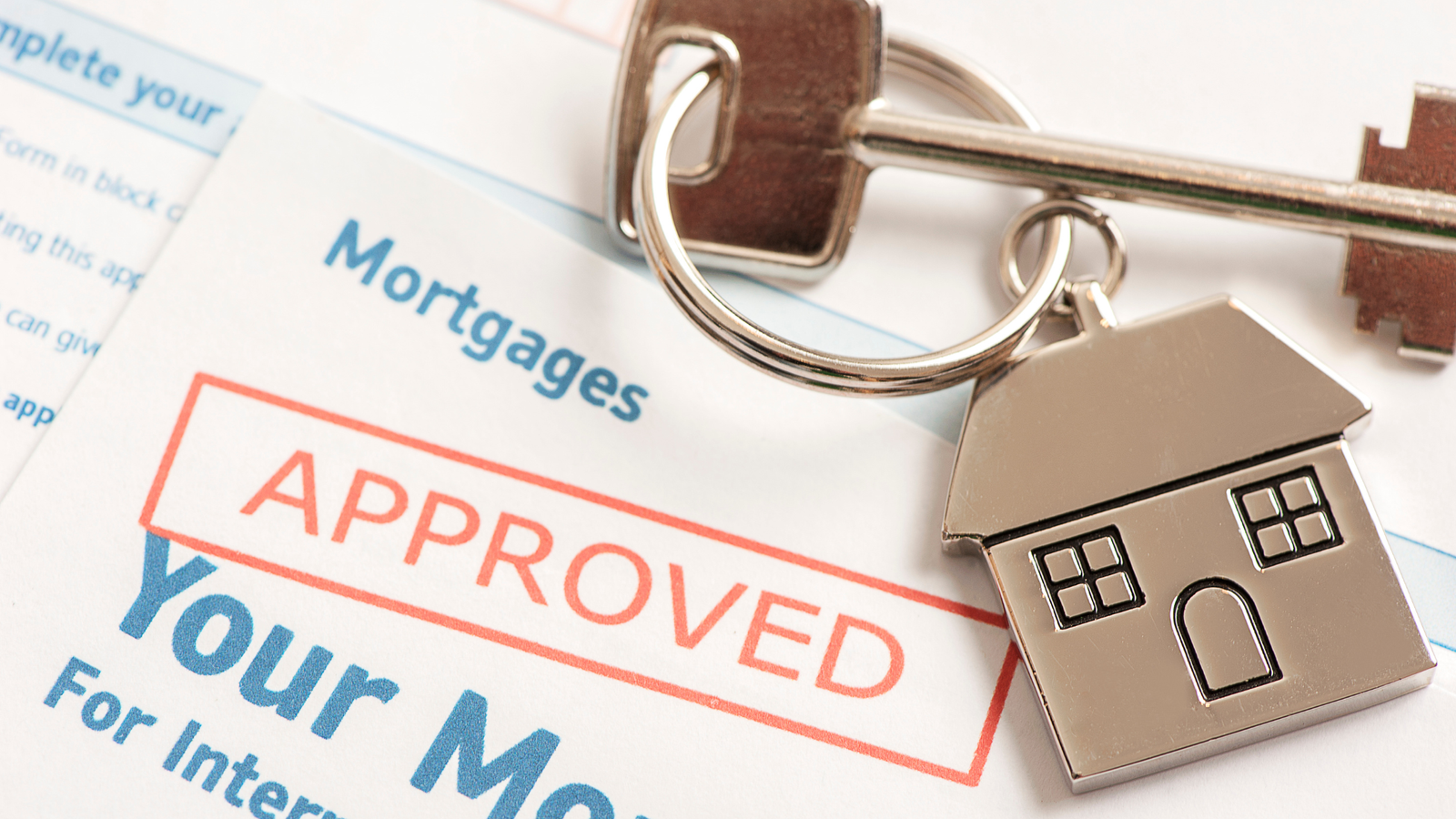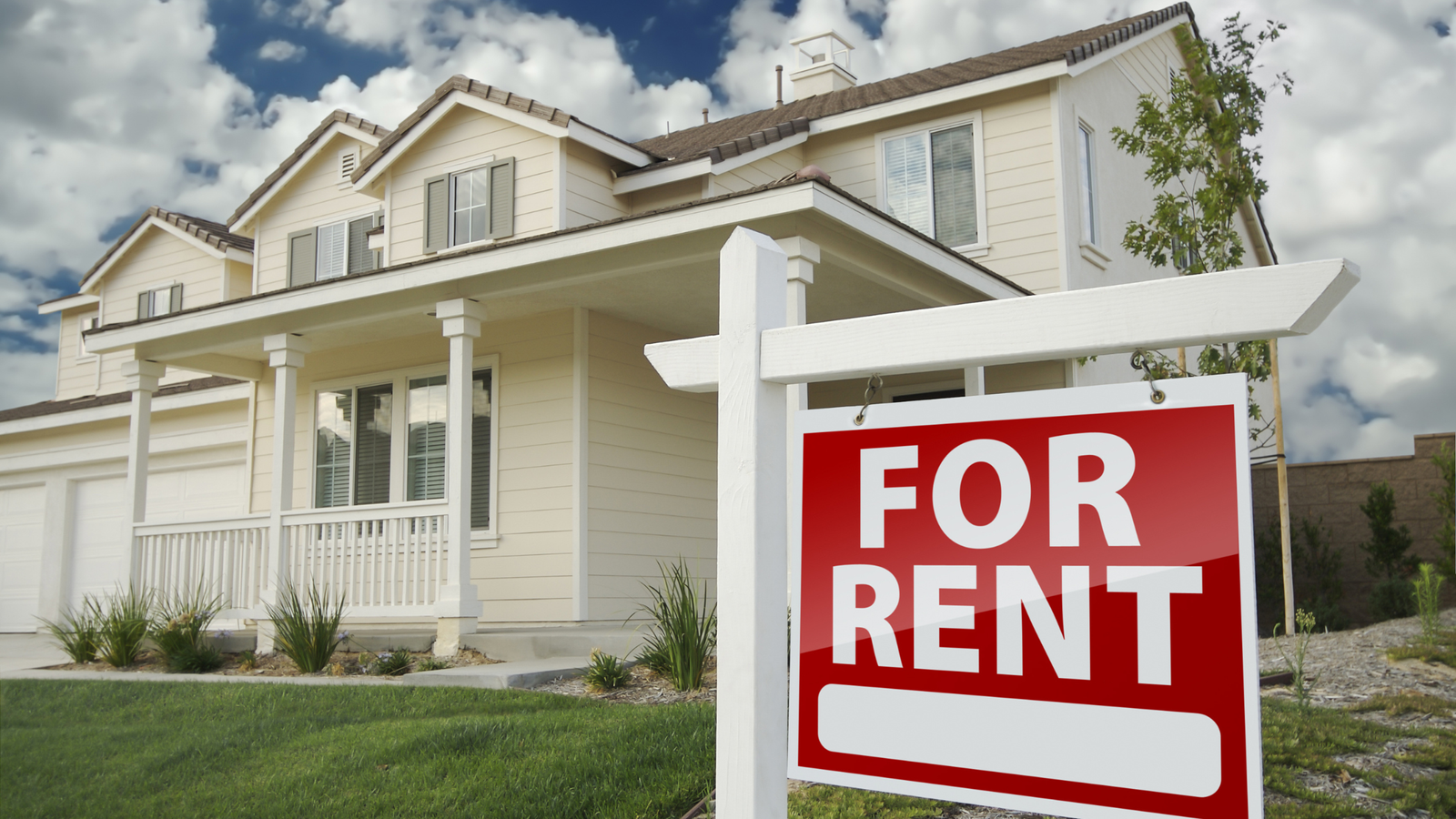Are you ready to make your homeownership dream a reality? One of the most critical steps in achieving this goal is choosing the right mortgage. With a variety of options available, it can be challenging to decide which one best suits your needs. In this article, we’ll explore 7 key factors to consider when selecting a mortgage to help you unlock your dream home.
1. Know Your Financial Health
Understanding your financial situation is the first crucial step in choosing the right mortgage.
- Credit Score: A higher credit score can lead to better loan terms. Check your credit score before applying for a mortgage.
- Debt-to-Income Ratio (DTI): Lenders evaluate your DTI when considering your loan application. It’s essential to have a manageable DTI.
2. Set a Realistic Budget
Establishing a budget is essential to determine how much house you can afford and how much you need to borrow.
- Down Payment: Calculate how much you can afford to put down upfront. A larger down payment can result in better loan terms.
- Monthly Payments: Use a mortgage calculator to estimate your monthly payments based on your budget and preferred loan terms.
3. Explore Different Mortgage Types
There are various mortgage types, each with its unique terms and conditions. It’s crucial to understand your options.
- Fixed-Rate Mortgages: Offer stable interest rates throughout the life of the loan, providing predictability.
- Adjustable-Rate Mortgages (ARMs): Feature variable interest rates, which can lead to lower initial payments but carry more long-term risk.
- Government-Backed Loans: FHA, VA, and USDA loans provide specific advantages to eligible borrowers.
4. Research Lenders Thoroughly
Choosing the right lender is as important as selecting the right loan. Careful research can make the application process smoother and result in more favorable terms.
- Local vs. National Lenders: Consider whether you prefer the personalized service of a local lender or the resources of a national institution.
- Check Lender Reviews: Read online reviews and check the lender’s reputation with the Better Business Bureau.
5. Get Prequalified or Pre-approved
Being prequalified or pre-approved for a loan can provide a competitive edge when house hunting.
- Pre-qualification: Offers an informal estimate of your borrowing capacity, serving as an excellent starting point.
- Pre-approval: A more formal process, pre-approval entails a comprehensive review of your financial information. Many sellers favor pre-approved buyers.
6. Understand Loan Costs and Fees
Home loans come with various associated costs. Knowing what to expect will help you avoid unpleasant surprises.
- Origination Fees: These cover the cost of processing your loan.
- Closing Costs: Expenses tied to finalizing your loan and home purchase.
- Appraisal Fees: The cost of a professional home appraisal.
7. Compare Interest Rates and Loan Terms
Interest rates play a significant role in the overall cost of your mortgage. Comparing rates from different lenders is essential.
- Shop Around: Gather rate quotes from multiple lenders to identify the most competitive offers.
- Consider Points: Some lenders offer the option to buy “points” to reduce your interest rate.
- Loan Term: Decide between a 15-year or 30-year loan term, based on your unique circumstances.
- Review Prepayment Penalties: Be aware of any penalties for early repayment that some loans may impose.
Summary
Choosing the right mortgage is a crucial step on the path to homeownership. By understanding your financial health, setting a realistic budget, and exploring various mortgage types, you can make informed decisions. Thorough research into lenders, getting prequalified or pre-approved, and understanding loan costs and fees are essential for securing favorable loan terms.
Remember to compare interest rates, evaluate loan terms, and consider factors such as prepayment penalties. With the right mortgage in hand, you’ll be one step closer to unlocking your dream home and enjoying the benefits of homeownership. Your dream home awaits!










